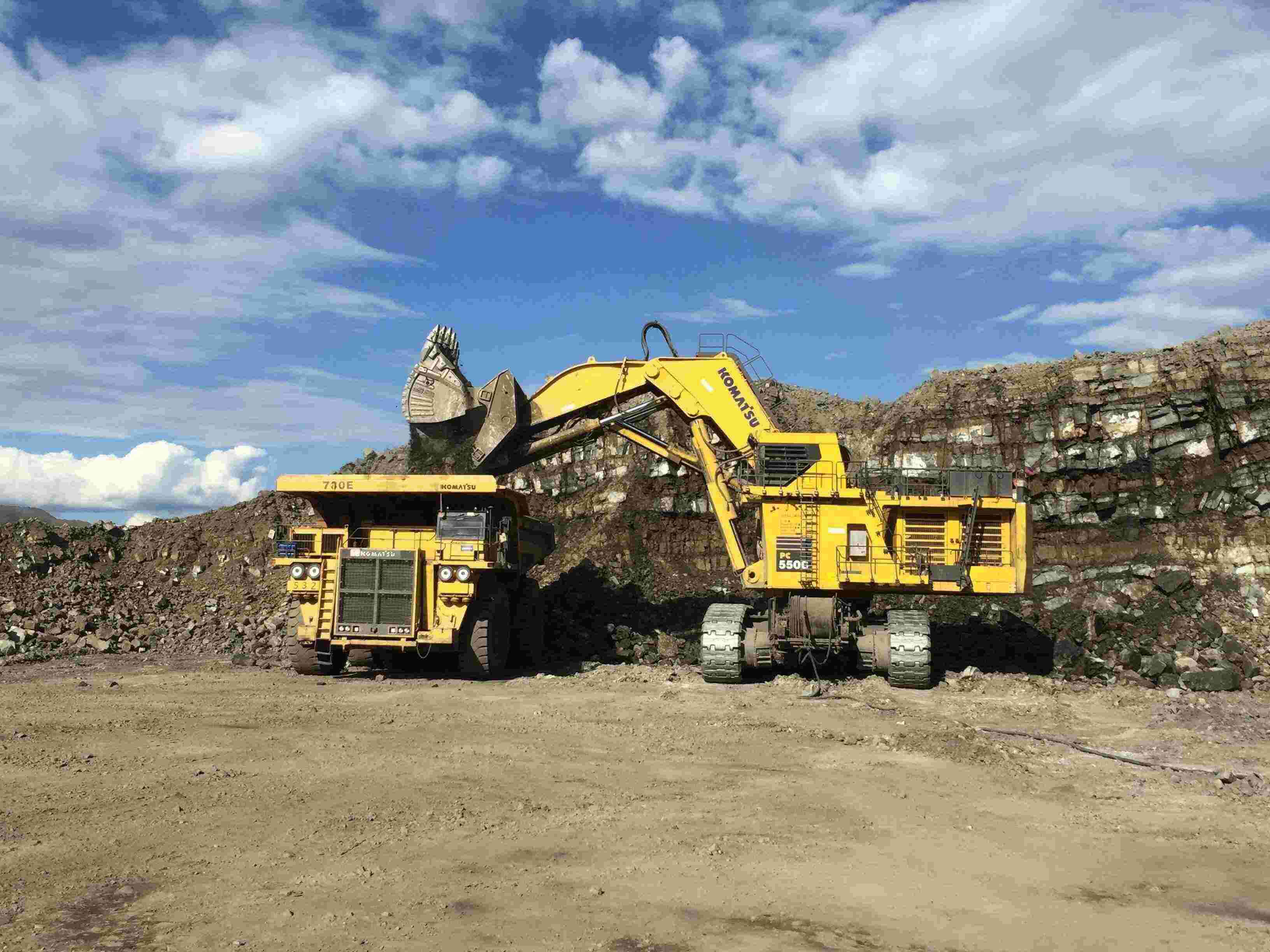
AS a build-up from last week, this week's column explores the predatory nature of some of the creditors, highlighting how Africa tends to lose out in various creditor-led debt relief initiatives.
The column also highlights the linkages of debt, trade, markets, and natural resources, among other sectors — the emergency of the debt conundrum in Africa.
Debt relief, development in Africa
Many debt relief initiatives are available to developing nations facing debt distress, such as the Debt Service Suspension Initiative (DSSI) adopted by the G20. While the DSSI is necessary, it does not provide full debt relief.
Also, the DSSI is temporary and not a targeted instrument, and many private creditors have declined to participate in this initiative.
More so, only 73 of the poorest nations have access to the DSSI and Common Framework (CF), leaving out a large number of middle-income countries with debt issues.
All nations that require liquidity support should receive it, and this situation necessitates a combination of debt restructuring, new funding, and architectural improvements.
In addition, the CF has challenges pertaining to timeliness, eligibility, and treatment comparability; for instance, there is a lack of mechanisms to address treatment comparability across and between creditor classes (private and official creditors).
- Open letter to President Mnangagwa
- Feature: ‘It’s worse right now than under Mugabe’: Sikhala pays the price of opposition in solitary cell
- Masvingo turns down fire tender deal
- Human-wildlife conflict drive African wild dogs to extinction
Keep Reading
Without improvements to establish inclusive and representative sovereign debt authority, independence of debtor and creditor interests, there will be no orderly, timely, and fair debt resolution.
The shortage of rules-based systems breeds inefficiency - too little, too late restructurings – with exorbitant social costs and market uncertainty increasing risk premium.
A lack of bankruptcy procedures strengthens holdout creditors while disadvantaging other claimants on sovereign resources like workers and pensioners.
The management of the debt relief solutions is also critical.
Many African nations give the impression of being democratic, but this is only because multi-party elections are held there, frequently with little to no voter choice.
Implicitly, fundamental components of a democratic society like accountability, oversight, widespread engagement, empowerment, and constitutionalism continue to be widely mocked.
The question of whether African leaders whose nations have benefited from the debt relief package will provide a satisfactory explanation for such generosity is raised by this trend.
More politicians would be ready to invest in their constituents' welfare through effective governance and management of debt reduction, which would improve general infrastructure development, health care, education, energy distribution, and job creation.
However, considering African nations' widespread opportunistic and corrupt culture, it is questionable whether much can be accomplished in these critical sectors.
When all of the above is considered, it begs the issue of whether debt reduction is really what Africa needs.
The debt reduction programme is being implemented to give the impression that the West is providing special treatment to Africa.
This should not be the case. Decades of exploitation of Africa through colonialism and the slave trade are primarily to blame for the continent's growing dilemma and tensions.
Years of marginalisation and ongoing exploitation of African resources by the neo-colonial enterprise were to follow.
Instead of being viewed as help, perhaps the HIPC could be seen as a meager portion of meeting a Western debt to Africa. In light of this, the idea of debt relief — or, worse yet, debt forgiveness — offends.
Trade and entrepreneurial development are far more critical to Africa than debt reduction.
Debt relief is a good place to start. Still, the real problem is how to loosen the restrictive international trade laws that force Africa and many other developing nations into precarious situations.
The high expectations accompanying the debt relief granted to some African countries will remain expectations for years unless the proper conditions are created for a genuinely liberal international trade, where there is no longer discrimination and double standards on trade barriers.
However, Africa's problems have worsened due to the mounting global economic crises.
Due to these crises, most African nations are experiencing a decline in the demand from
around the world for natural resources that account for most of their income.
Other anticipated effects include reduced remittances, falling foreign direct investment, and flight of foreign capital out of vulnerable local stock exchanges as international investors seek safer havens. In addition, Africa should anticipate a decrease in direct funding from wealthier countries that are currently busy with their own economic issues and the Russia- Ukraine war.
The following are creditor benefits from Africa debt crisis:
High Interest
When developing countries borrow money, they face high interest rates relative to their developed counterparts, even without considering costs associated with exchange rate volatilities.
On average, African countries’ borrowing rates are four times higher than those in the United States and eight times more than those in Germany.
The high cost of borrowing makes it extremely difficult for developing nations to fund critical investments, further undermining debt sustainability and progress toward sustainable development.
Record lending
Creditors are cashing in on debt crises. For instance, despite considering half of low-income nations overindebted, in 2022, the International Monetary Fund (IMF) extended more debt at record levels for the third year in a row.
This shows inconsistency with its own guidelines.
Also, without demanding restructuring first, the Fund has issued debt even to countries where it identified elevated risk of high indebtedness.
The strategy will ensure that developing nations remain in debt to the benefit of the creditor through interest earnings. In the case of a debt default, the interest charged by creditor banks is excessive, thus benefiting creditor countries.
Natural resource access
Since many developing nations are trapped in debt, borrowing from multilateral institutions is curtailed or availed only with conditionalities attached, such as austerity measures.
This benefits predatory bilateral creditors offering loans to cash-strapped governments in exchange for minerals or mineral revenue streams.
These resource-backed loans (RBLs) are often accrued in secrecy without consultation with national parliaments, thus increasing the chances of corruption.
As such, creditors are getting Africa’s precious metals and minerals cheaply because they are extracted unsustainably and sold in raw form.
Race to the bottom
Creditors are helping fuel the race to the bottom in developing countries.
Predatory bilateral creditors are offering RBLs to nations in debt distress and, in exchange, lobby for low tax rates on creditor country investments.
Due to desperation, developing countries provide unsustainable tax incentives such as tax holidays and tax exemptions.
Trade promotion
On one hand, high, unsustainable debt levels in developing countries increase the cost of borrowing, fueling the cost of doing business in the economy. This renders their domestic firms uncompetitive in international markets relative to rich nations.
On the other hand, creditor nations with sustainable debts enjoy a low cost of money, making their local firms highly competitive globally.
Ultimately, developing countries struggle with unsustainable trade deficits, cementing a master-servant relationship.
- Sibanda is an economist. He is a research associate with Zimcodd. He is a staunch advocate for inclusive and sustainable development. He writes in his personal capacity.











